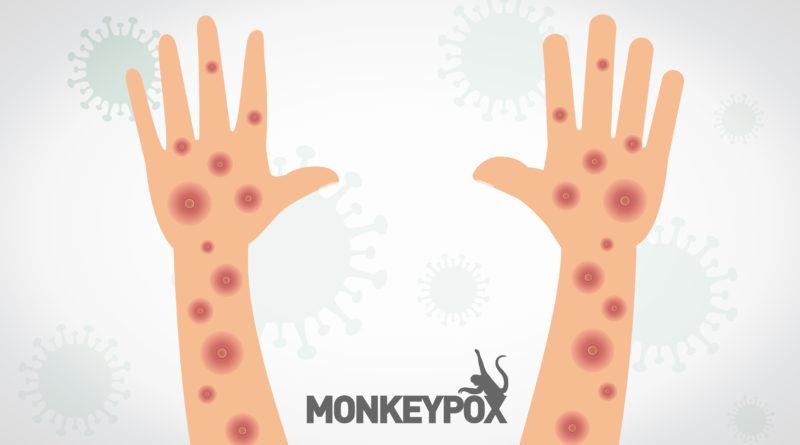The Latest Monkeypox Updates
7,949 total views, 1 views today
It’s now been over a month since the first cases of monkeypox in the U.S., and there’s now more information available about the situation for anyone who’s concerned. While the WHO has currently declared that the monkeypox outbreak is not yet a health emergency, it’s important to be aware of the risks involved. Read on below for everything you need to know about the latest monkeypox updates.
How many cases of monkeypox are there in the U.S?
As of now, there are 201 confirmed cases of monkeypox in the U.S. Considering there were nine cases a month ago, it seems like monkeypox certainly doesn’t spread as quickly as COVID-19 but could still have the potential to move fast if enough people become infected.
Which areas of the country seem to be most affected by monkeypox?
Of the confirmed cases in the U.S., 51 are in California, 35 are in New York, and 26 are in Illinois. Researchers are studying the origin of these cases, as so far, none of them seem to be related with travel to a country where monkeypox is endemic.
Symptoms and signs of monkeypox
While monkeypox rarely results in death, it is a serious disease. Some symptoms include a fever, headache, muscle aches and backaches, swollen lymph nodes, chills, exhaustion, and the characteristic pimple or boil-like rash. Most of the symptoms mimic the symptoms of smallpox but milder.
Many of these symptoms are common among a wide variety of diseases, so there’s no need to worry you have monkeypox unless you experience the rash. Pictures of monkeypox rash can be found on the CDC website so you can compare to see if you have something similar.
Will there be a monkeypox vaccine?
The monkeypox virus is very similar to smallpox, so medical professionals currently recommend getting a smallpox vaccine if you’re concerned about monkeypox. There are currently two licensed vaccines for smallpox available in the U.S. These vaccines are ACAM100 and JYNNEOS, and several studies have shown that they can be up to 85% effective at preventing monkeypox.
There aren’t yet any announcements of plans to create a dedicated monkeypox vaccine, and it’s likely that there won’t be any major additional research into the vaccine unless the severity of the outbreak increases significantly.
What should you do to stay safe?
Whether you’re a high-risk individual or not, monkeypox is not something you want to catch. The disease is primarily spread through close physical or sexual contact with infected persons, so be cautious and especially don’t engage in physical or sexual activity with others if you’ve been infected or are experiencing a rash.
If you live in a highly populated area, you naturally need to be more careful about sickness, so be sure to follow general hygiene precautions, especially washing your hands and staying away from those who are sick. This will help protect you from potential monkeypox infection as well as the remaining threat of COVID-19.

